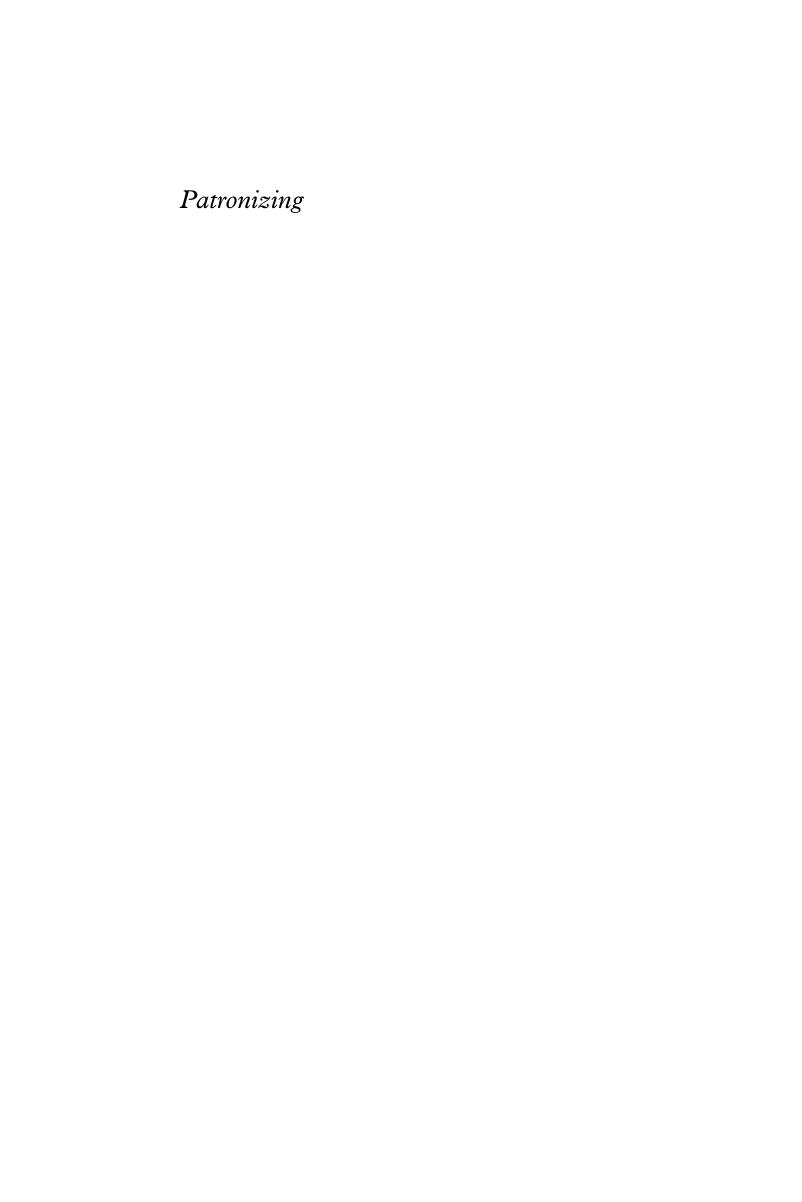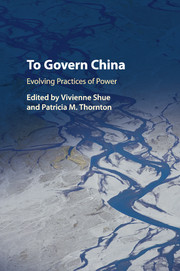Book contents
- To Govern China
- To Govern China
- Copyright page
- Dedication
- Contents
- Contributors
- Introduction: Beyond Implicit Political Dichotomies and Linear Models of Change in China
- I Leadership Practices
- II People’s Government
- III Expedients of the Local State: Bargains and Deals
- IV Governance of the Individual and Techniques of the Self
- Idealizing
- Patronizing
- Haunting
- Index
- References
Patronizing
from IV - Governance of the Individual and Techniques of the Self
Published online by Cambridge University Press: 25 October 2017
- To Govern China
- To Govern China
- Copyright page
- Dedication
- Contents
- Contributors
- Introduction: Beyond Implicit Political Dichotomies and Linear Models of Change in China
- I Leadership Practices
- II People’s Government
- III Expedients of the Local State: Bargains and Deals
- IV Governance of the Individual and Techniques of the Self
- Idealizing
- Patronizing
- Haunting
- Index
- References
Summary

- Type
- Chapter
- Information
- To Govern ChinaEvolving Practices of Power, pp. 256 - 281Publisher: Cambridge University PressPrint publication year: 2017

